Could approval voting help solve the Puerto Rico status issue?
Five times in the history of Puerto Rico as an unincorporated territory of the United States, there have been popular referenda, or plebiscites, presented to Puerto Rican voters to decide the future of its political status. Most recently, an overwhelming majority of voters chose statehood—but with a boycott by the Popular Democratic Party and record low turnout, there is reduced confidence that these plebiscites can accurately represent the desires of the voters.
Most of the past referenda used the same voting method, known as “first-past-the-post,” or a winner-take-all system, in which the option with the most votes win, even if most voters disapprove. But some, including the Executive Director of the Center for Election Science Aaron Hamlin, argue that there are better systems of voting—such as approval voting, in which voters may “approve” any number of candidates or options, with the most “approved” option winning.
This potential new voting system, could help break the gridlock when it comes to determining Puerto Rico’s future political status. Past votes have failed to yield an option with a significant majority due to the multiple options available—the status quo, statehood, independence, free association—allowing Congress, who ultimately has the final say, to punt on the issue, asking for an all but impossible clear majority in favor of any option.
A change in the voting method would change the dynamic of elections, for another referendum to determine Puerto Rico’s status, or to choose its elected representatives.
“Everyone deserves a better voting method,” said Hamlin, in an interview with Pasquines this month. Voting for representatives is used to determine who gets to be elected, to control tax policies, and make the laws that affect our lives every day, he said. “Everyone deserves to have the capacity and a tool that allows them to have meaningful elections.”
The Center for Election Science is a nonprofit organization with a stated purpose “to objectively study, provide resources, and educate on all facets within and related to group decision making and electoral systems,” and advocate for methods that benefit “social welfare.” In 2016, the organization conducted research with a nationally representative sample, comparing voting methods.
“We were agnostic about the voting method” said Hamlin. “We were nonpartisan, we don’t care about ideology, just wanted to maximize utility for voters.”
The CES research concluded that approval voting tended to elect more consensus candidates—more often than first-past-the-post and ranked choice (another alternate method recently tried in Maine). The research expanded on existing research on voting theory, including on approval voting (which has been studied since the 1970’s).
Approval voting “could encourage of people to come out [to vote] without worrying about vote-splitting, or voting for a result that doesn’t accurately reflect their viewpoint,” said Hamlin. In 2017, the Popular Democratic Party of Puerto Rico boycotted the status referendum, contesting that the options presented on the referendum didn’t include the options they wanted. Approval voting is one potential solution to this problem.
A modest movement to reform the voting methods of the US is already underway on the mainland, in part due to the CES’ efforts. In 2018, Fargo, North Dakota, a city of 120,000 people, became the first city to vote to implement approval voting, as a method to elect its city commissioners. For Fargo, the test of the method will come in 2020 when voters will vote this way for the first time.
“We are excited to have this proof of concept,” said Hamlin. A successful implementation of approval voting in Fargo could help other localities decide if a reform of their method is desirable. Hamlin stated that the strategy for CES is show that the method is viable, to replicate its success in other cities, and “scale up”–eventually putting the issue on the ballot of states, possibly including US territories. Implementing approval voting in one city is way to “inoculate critics from using other arguments,” who are weary it’s never been done before.
The CES received a grant of $1.8 million from the Open Philanthropy Project this year, which could indicate that the movement is gaining steam. But the organization has not yet determined where it will focus its efforts yet.
The current statehood bill (introduced to the US House of Representatives in 2018) has 58 cosponsors, but many are wary of moving forward with the historically low turnout of the 2017 referendum. Governor Ricardo Rosselló recently announced a plan to hold another vote before or during the 2020 election. If history repeats itself, Puerto Rican voters may find themselves back at the polls, but there may be a better way to do it, one that ends the debate once and for all.

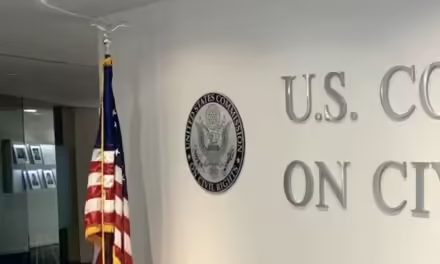
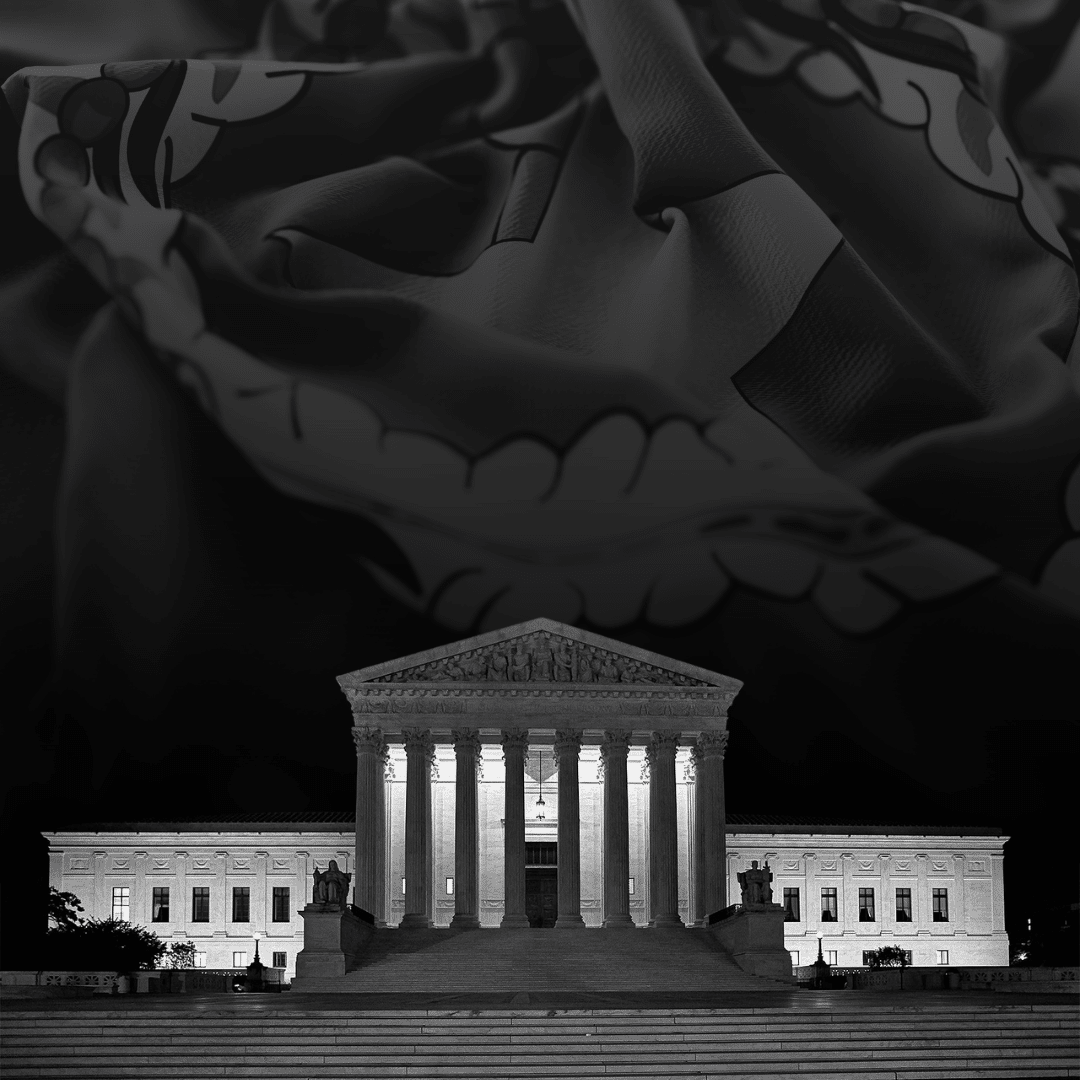
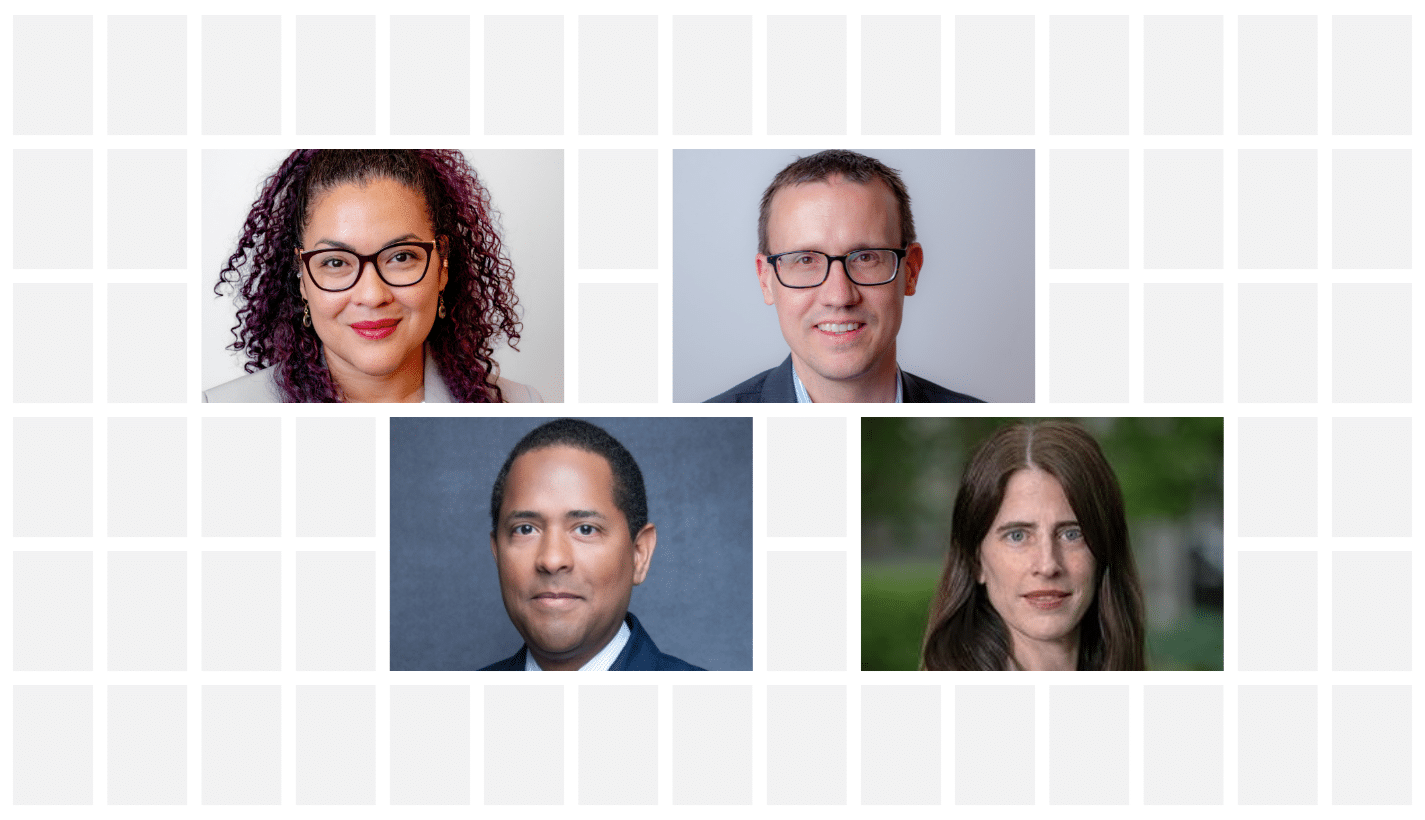
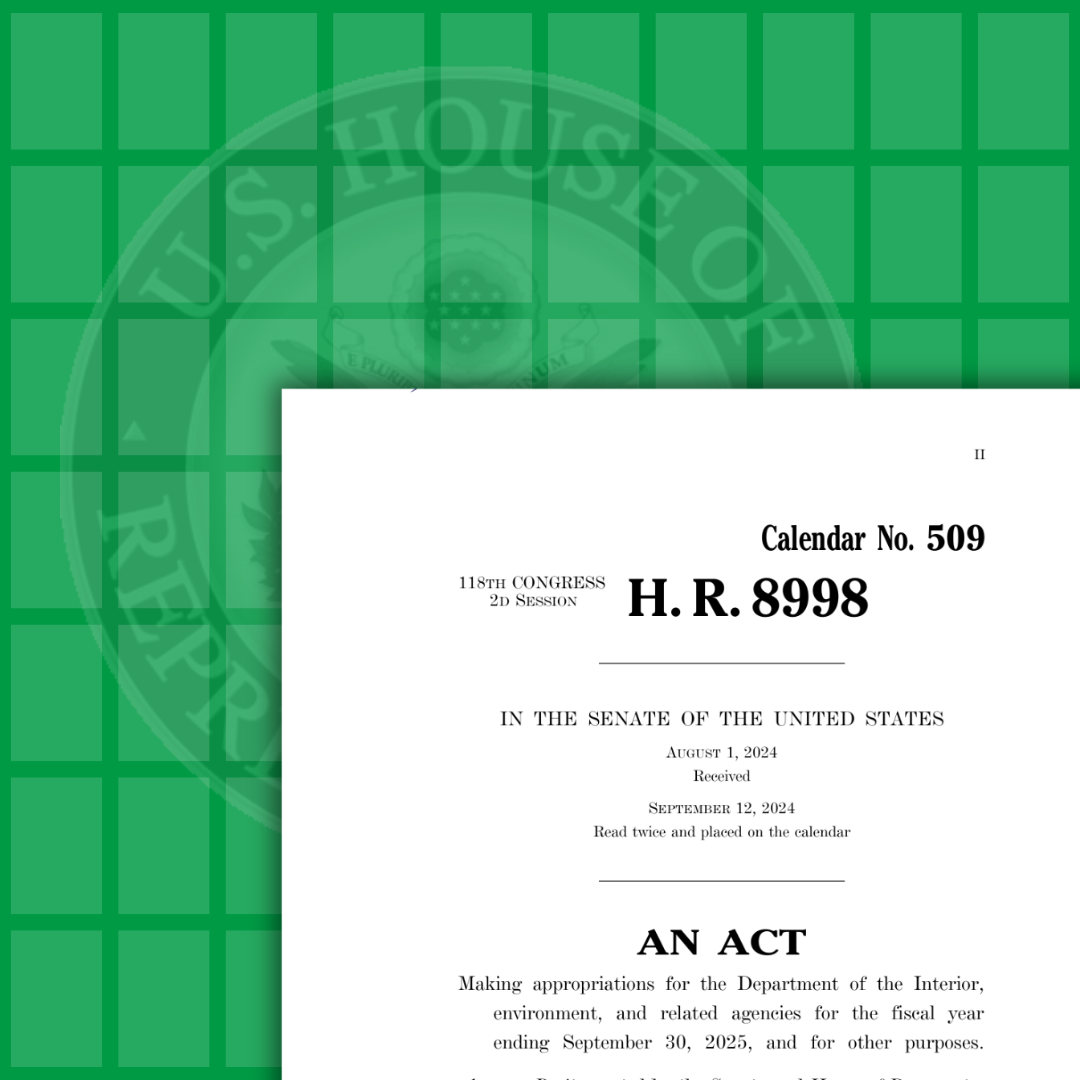
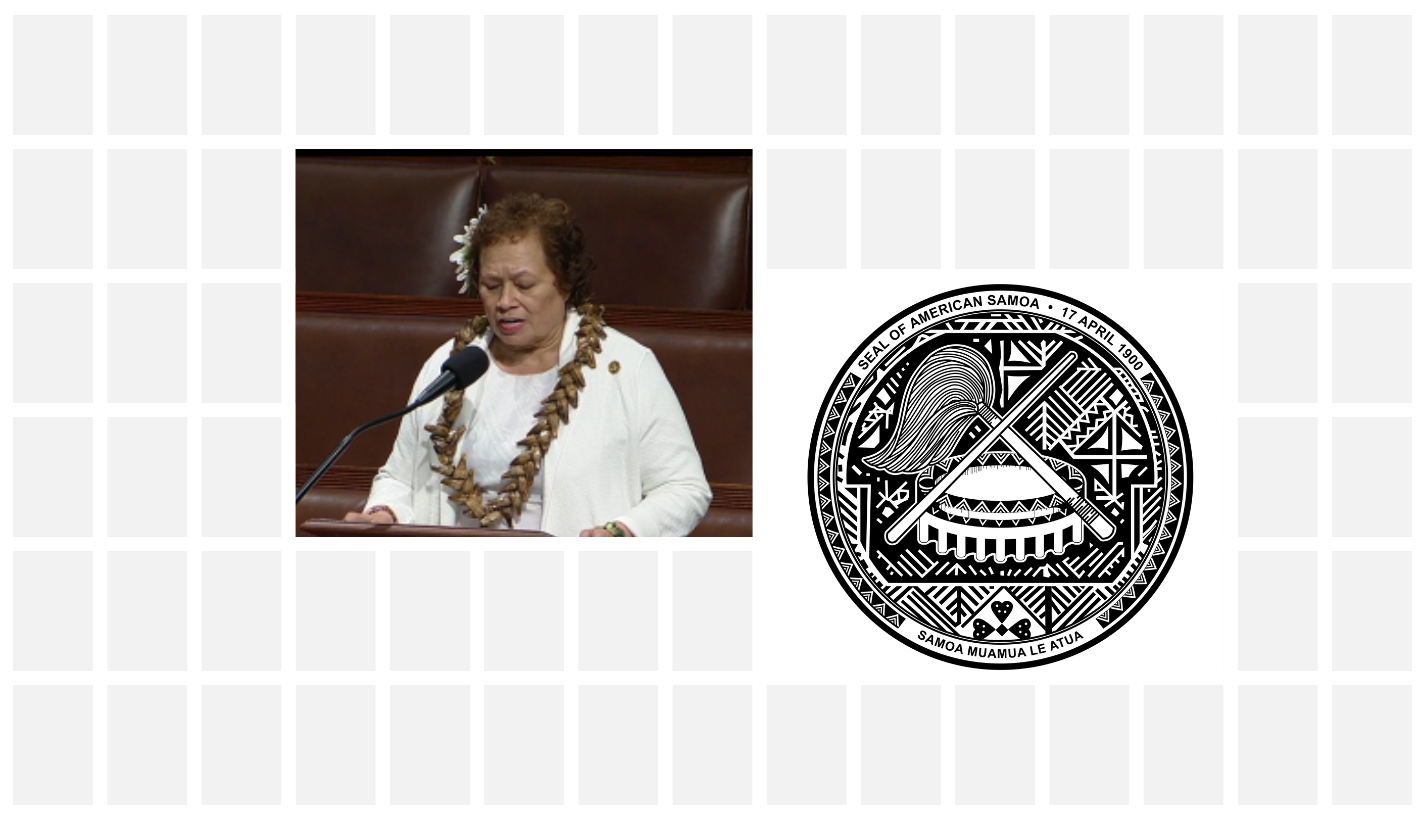
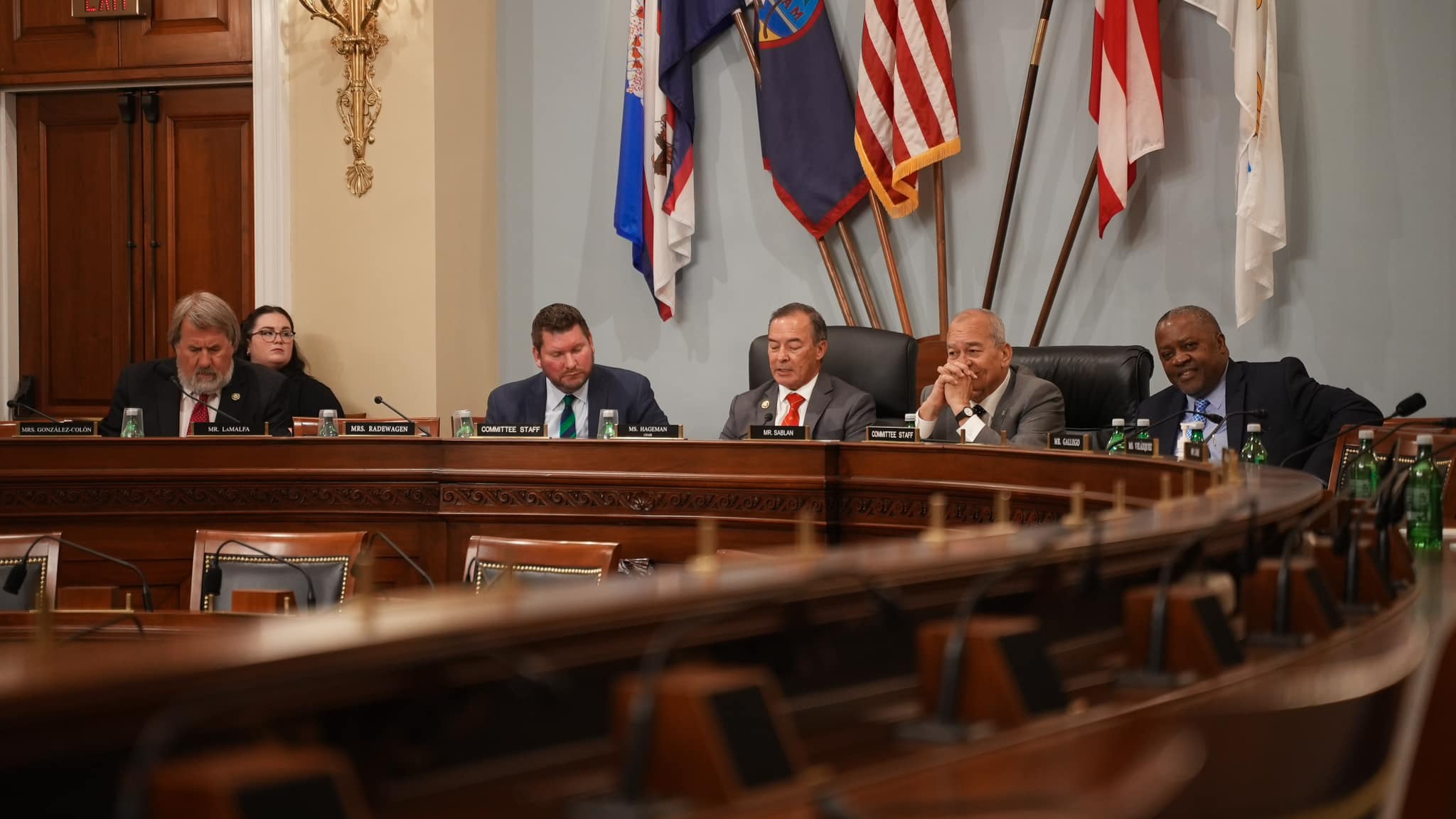

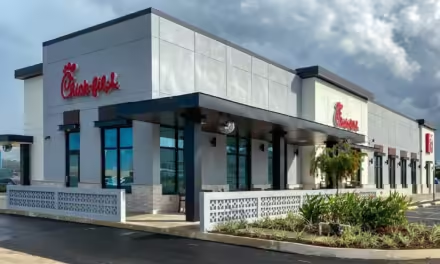

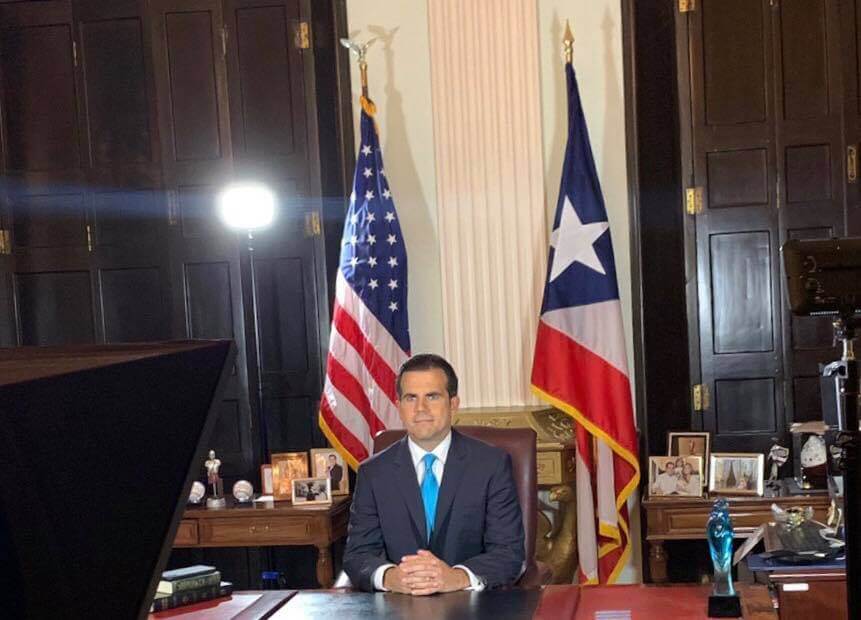
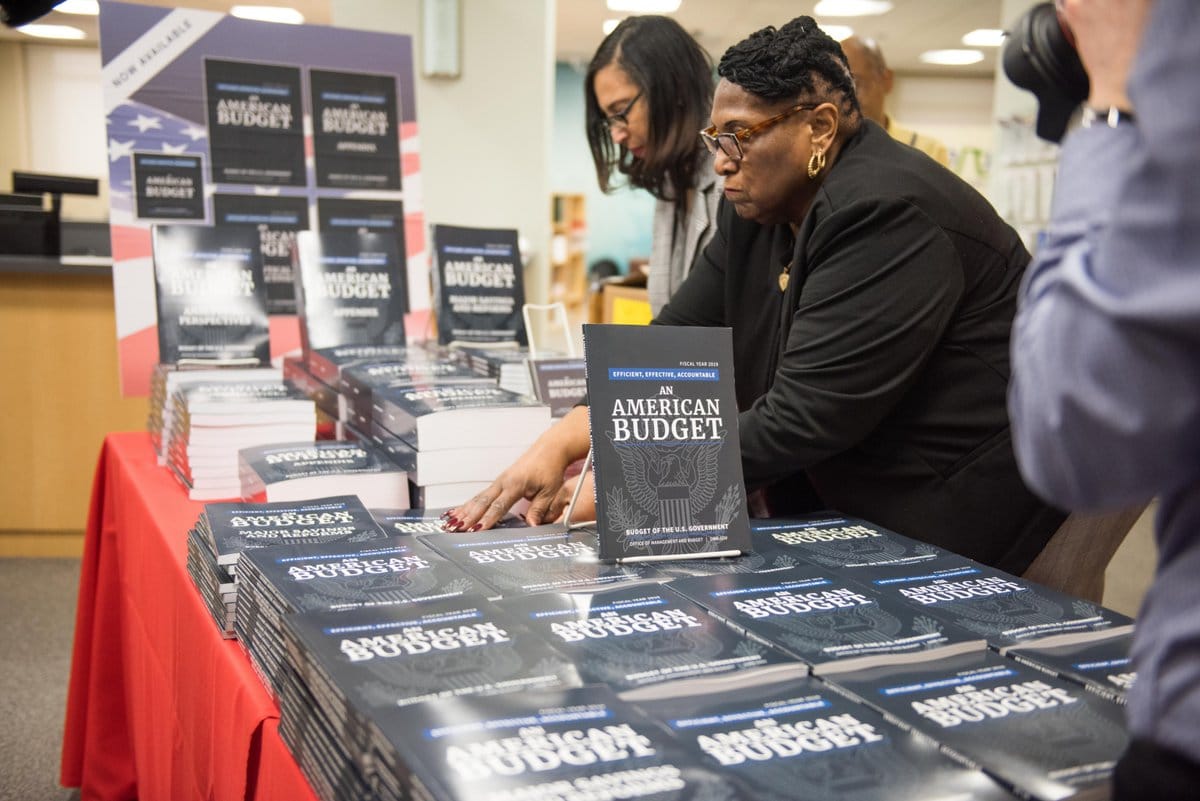
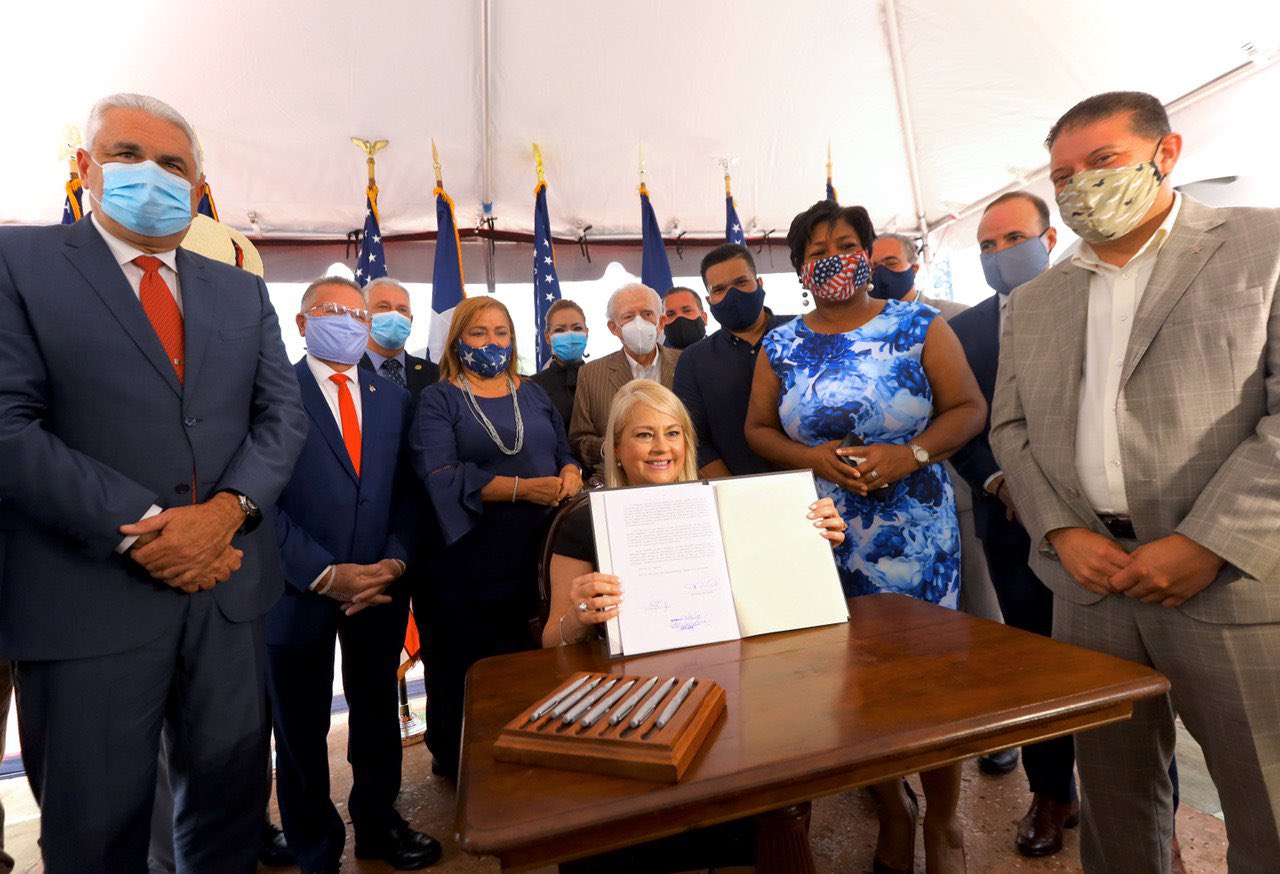
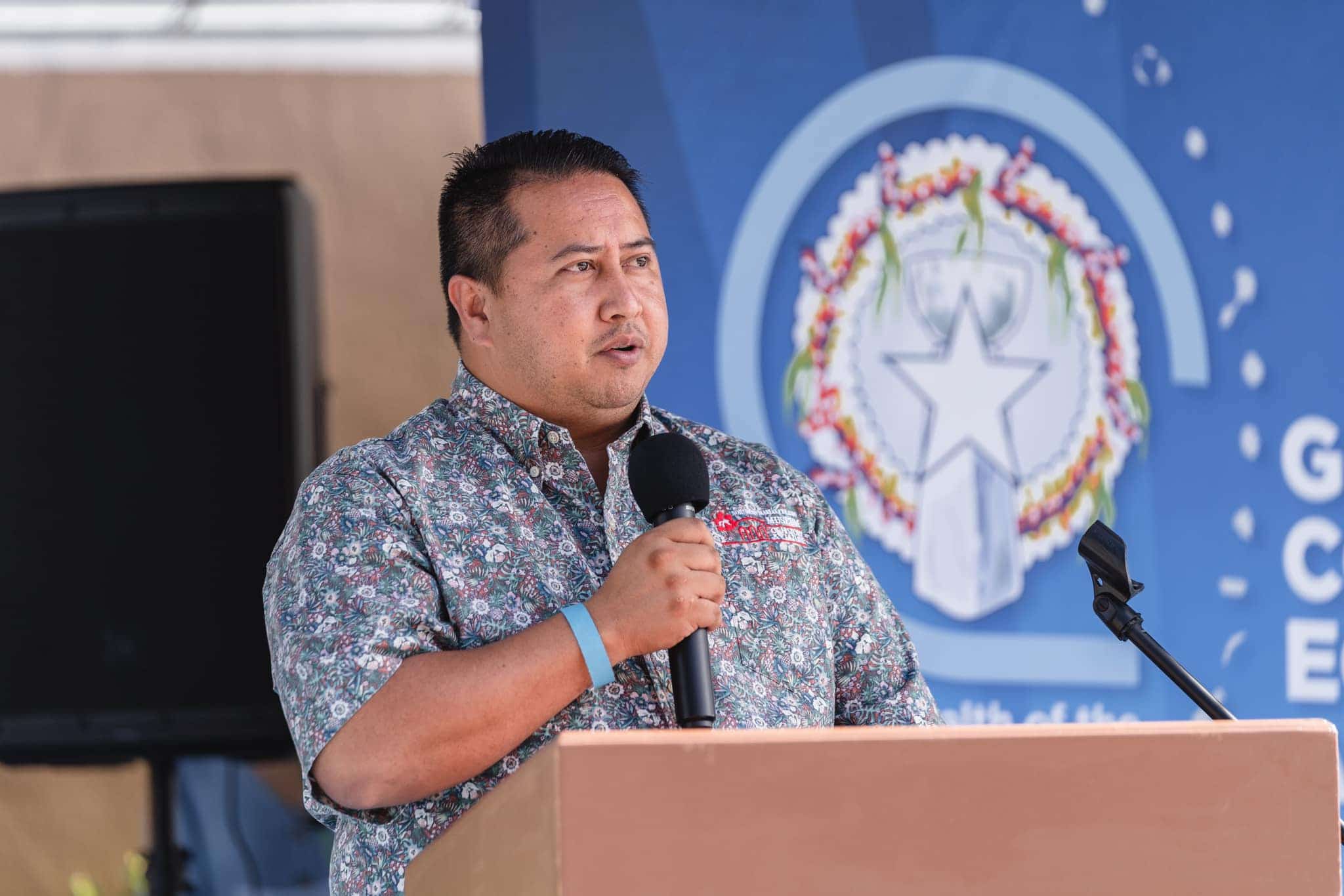
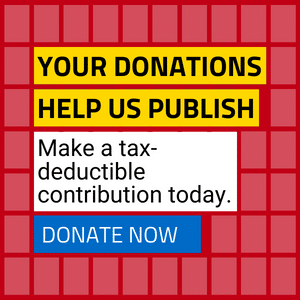
Trackbacks/Pingbacks